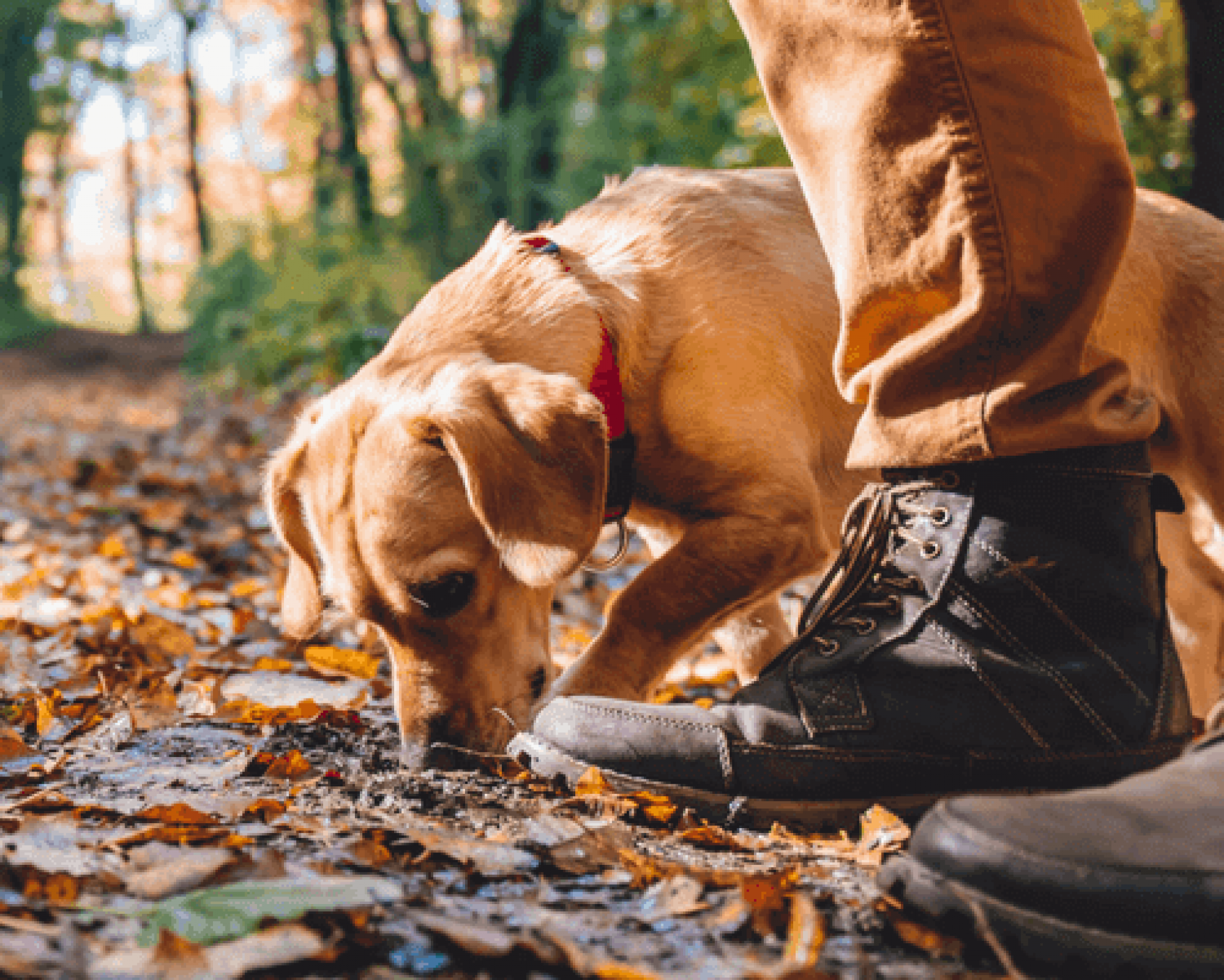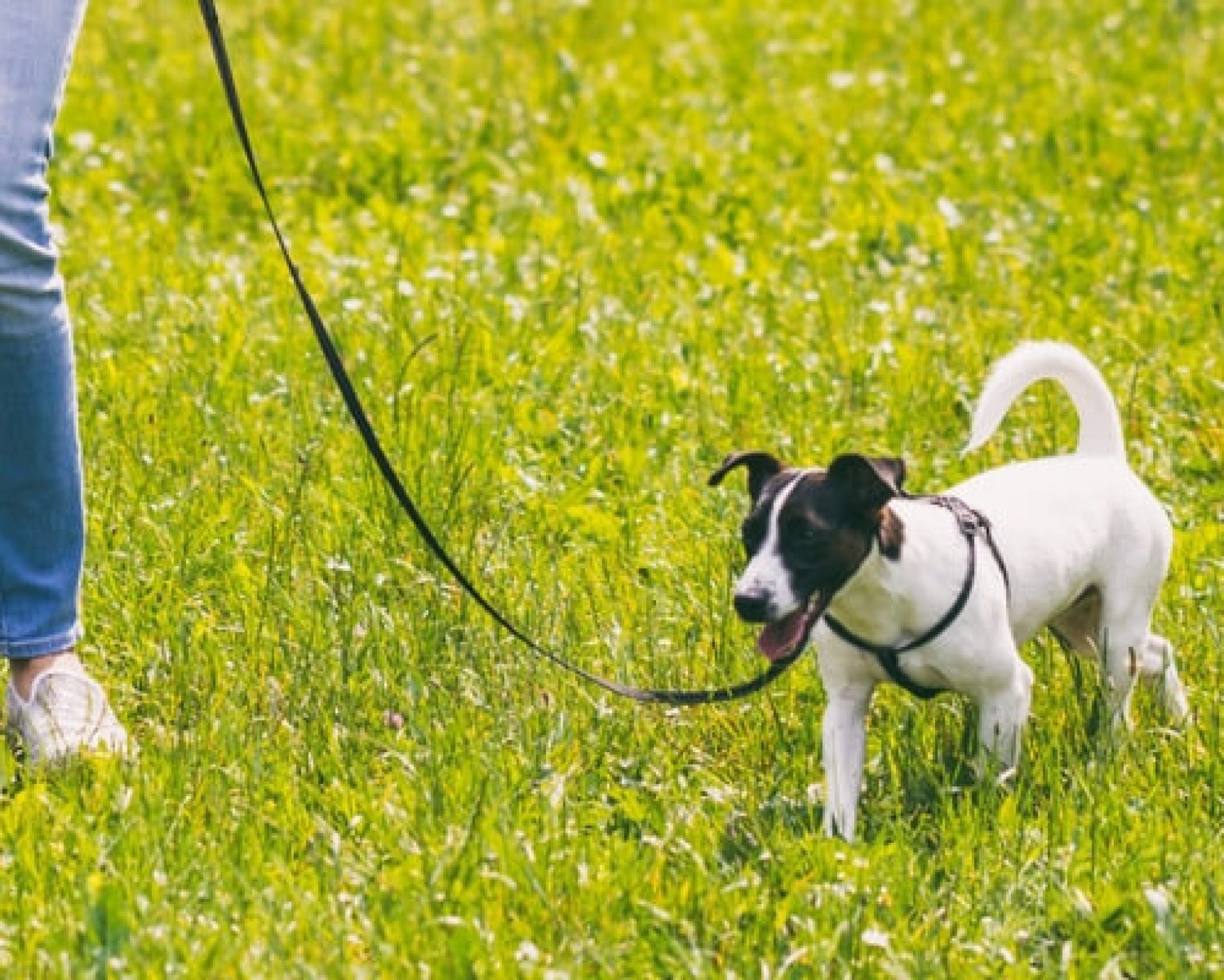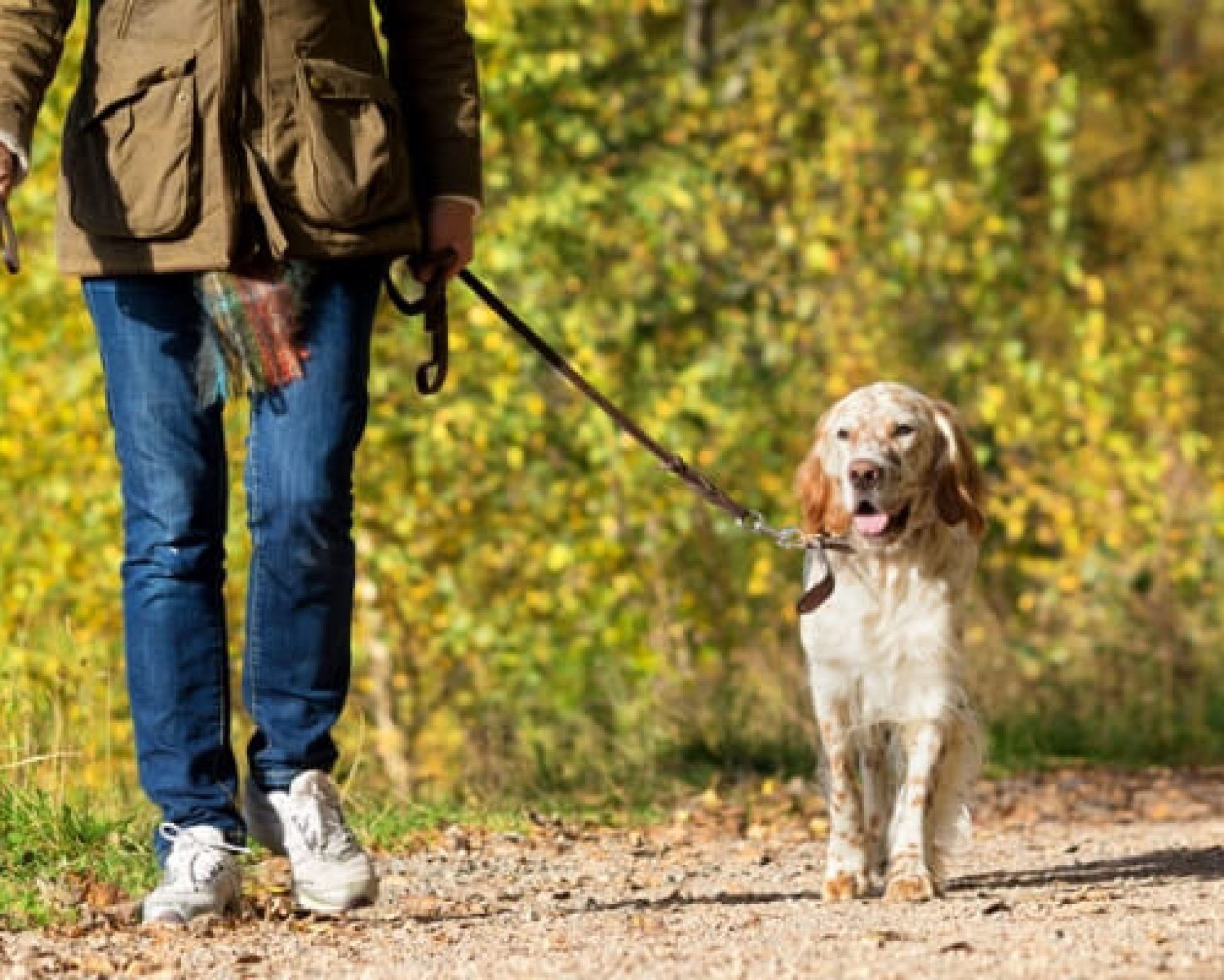Related Blogs

Our Guide To Dog Walking Qualifications
There are now a number of courses you can take to ensure you're the best professional dog walker you can be. We've taken a look at your options.

Writing Your Dog Walking Contracts
You should always have a written agreement in place before taking on anyone's dog. We've broken down what you should include in your contract.

Protecting Yourself When Dog Walking
Your safety is as important as that of the dogs and other animals in your care when operating your business, but what should you look out for?

 The updated approach and system will only apply to new applications and renewals of old ones. Current licences will continue to be valid until their original expiry date.
The updated approach and system will only apply to new applications and renewals of old ones. Current licences will continue to be valid until their original expiry date. When judging a businesses suitability for a licence, local authorities will focus on five key criteria:
When judging a businesses suitability for a licence, local authorities will focus on five key criteria: